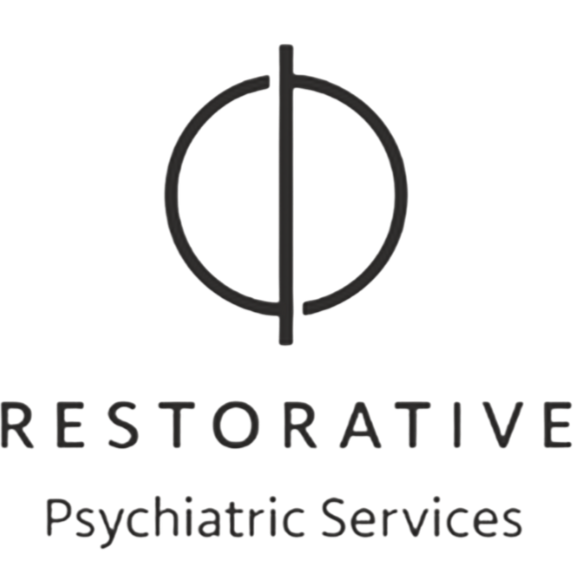Anxiety Disorders
A group of mental health conditions characterized by excessive fear, worry, or nervousness that can interfere with daily life. While it's normal to feel anxious occasionally—like before a big event or during a stressful situation—people with anxiety disorders experience intense and persistent anxiety that is difficult to control. Anxiety disorders can affect people of all ages and backgrounds. They are among the most common mental health conditions and are highly treatable with the right support.
Effective treatment is available for all anxiety disorders. Most individuals benefit from a combination of approaches tailored to their specific needs:
Medication
Antidepressants (such as SSRIs like sertraline or fluoxetine) are commonly prescribed and can help reduce overall anxiety.
Anti-anxiety medications (like buspirone or short-term benzodiazepines) may also be used, depending on the diagnosis and symptoms.
Therapy
Cognitive Behavioral Therapy (CBT) is a highly effective, evidence-based approach that helps people recognize and change patterns of thinking that contribute to anxiety.
Exposure therapy is particularly helpful for phobias, social anxiety, and panic disorder.
Lifestyle & Support Strategies
Relaxation techniques such as deep breathing, meditation, and mindfulness.
Regular exercise and a consistent sleep routine can naturally reduce anxiety symptoms.
Support groups or peer connections for shared experiences and encouragement.
School or workplace accommodations to reduce performance-related anxiety and support success.

